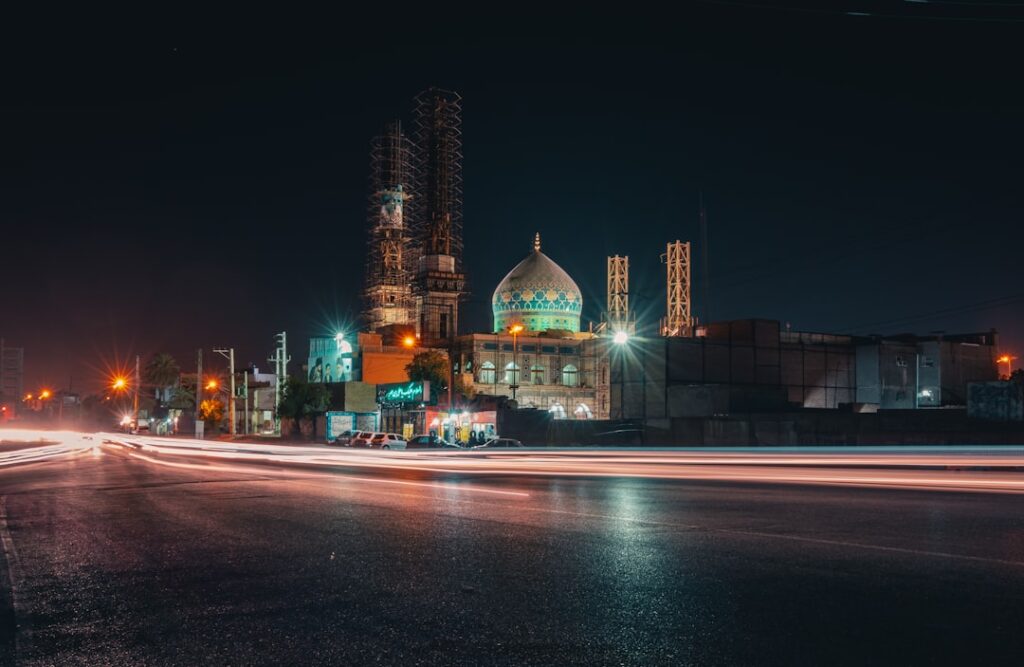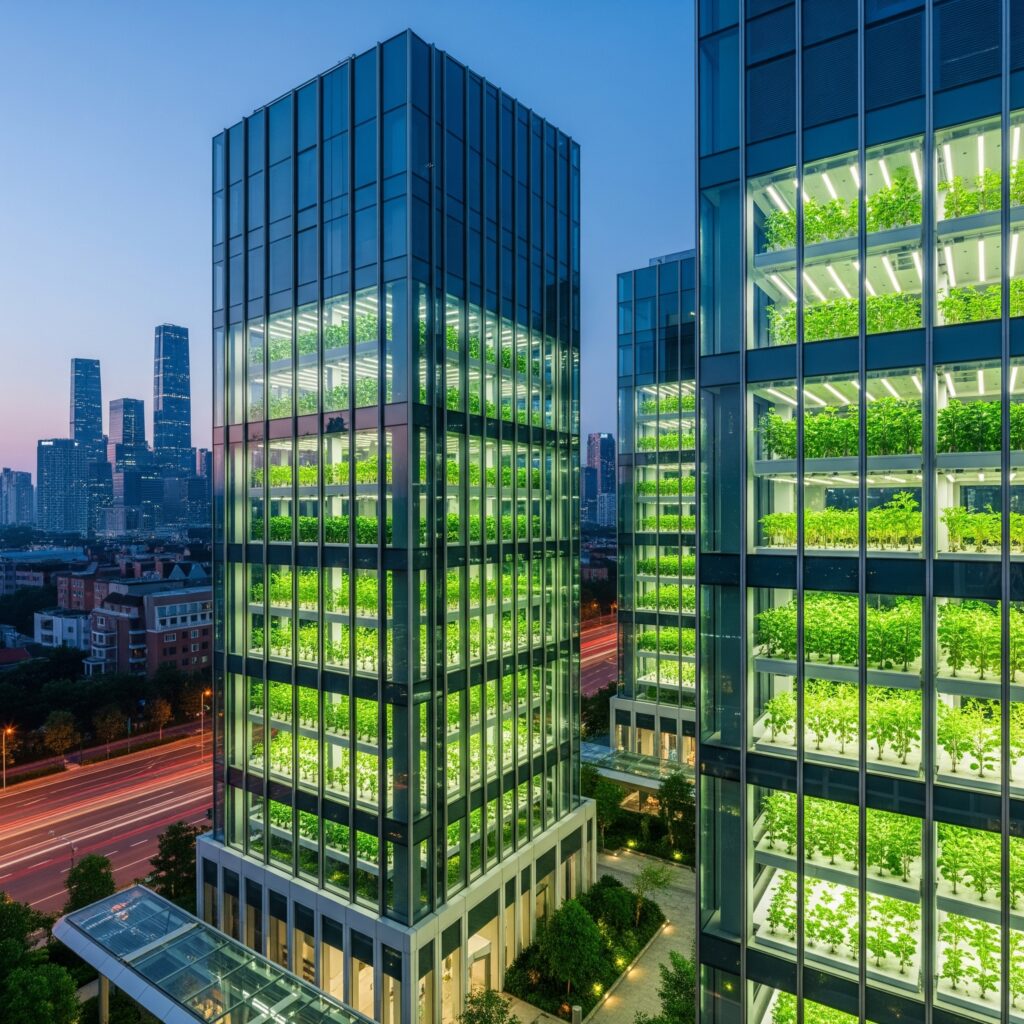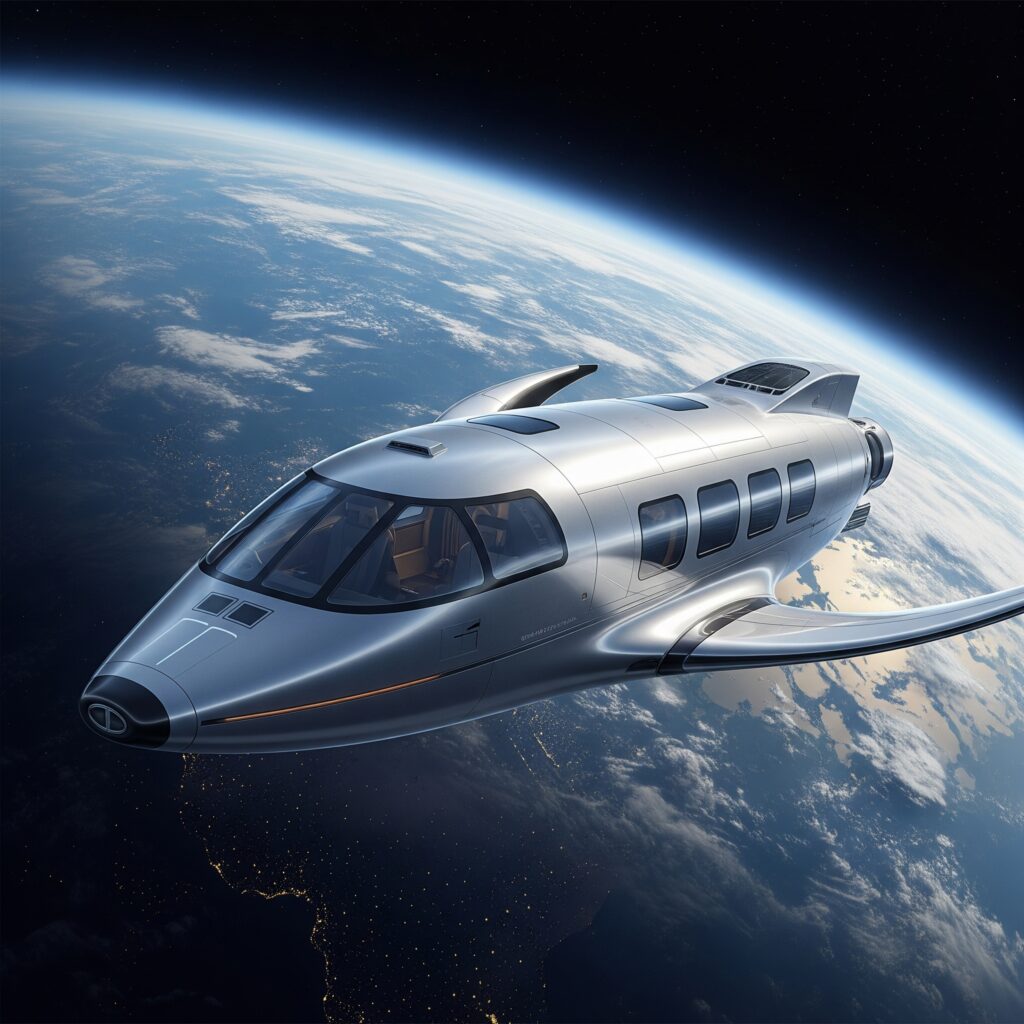The Future of Iraq: Challenges and Opportunities in a Changing World
Introduction
Iraq, a nation steeped in history and burdened by recent conflict, stands at a critical juncture. Its future trajectory depends on navigating complex political, economic, and social challenges while capitalizing on emerging opportunities. This article explores the multifaceted aspects of Iraq’s future, examining the key factors that will shape its destiny in the coming years.
Political Landscape: Navigating Instability
Sectarian Tensions and Political Reform
For decades, Iraq has grappled with deep-seated sectarian tensions between Sunni, Shia, and Kurdish communities. Overcoming these divisions and fostering genuine national unity is paramount for long-term stability. Significant political reforms, including strengthening democratic institutions, promoting inclusivity, and ensuring equitable resource distribution, are crucial steps towards achieving this goal. The success of these reforms will directly impact Iraq’s political stability and its ability to attract foreign investment.
Regional Geopolitics and International Relations
Iraq’s geopolitical location at the crossroads of several influential regions makes it a key player in regional dynamics. Maintaining balanced and constructive relationships with neighboring countries, including Iran, Turkey, and Saudi Arabia, is essential for its security and economic prosperity. Effective engagement with international organizations and the fostering of strong international partnerships will also play a crucial role in supporting Iraq’s development.
Economic Development: Diversification and Infrastructure
Oil Dependence and Economic Diversification
Iraq’s economy remains heavily reliant on oil exports, making it vulnerable to global price fluctuations. Diversifying the economy into sectors such as agriculture, tourism, and technology is crucial for long-term sustainability and resilience. Investing in human capital development, particularly in education and skills training, is essential for driving this diversification.
Infrastructure Development and Investment
Years of conflict have severely damaged Iraq’s infrastructure. Investing in modernizing its infrastructure, including transportation networks, electricity grids, and water systems, is critical for attracting foreign investment and boosting economic growth. This requires significant financial resources and effective governance to ensure transparency and accountability in project implementation. Public-private partnerships could play a significant role in achieving these objectives.
Social Development: Education, Healthcare, and Human Rights
Investing in Human Capital
Improving access to quality education and healthcare is essential for empowering Iraq’s population and fostering social progress. Investing in education will equip future generations with the skills and knowledge necessary to participate in a modern economy. Improving healthcare infrastructure and access to healthcare services will enhance the well-being of the population and improve overall productivity.
Promoting Human Rights and Social Justice
Upholding human rights and ensuring social justice are vital for creating a stable and prosperous society. This includes protecting the rights of all citizens, regardless of their ethnicity, religion, or gender. Strengthening the rule of law and combating corruption are crucial steps towards achieving these goals. Promoting freedom of expression and ensuring a fair and independent judiciary are also essential components of a just society.
Security and Stability: Combating Terrorism and Strengthening Institutions
Counter-Terrorism Efforts and Regional Security
Iraq continues to face security challenges, particularly from extremist groups. Strengthening its security forces, fostering regional cooperation in counter-terrorism efforts, and addressing the root causes of extremism are essential for ensuring long-term stability. This also includes tackling issues such as unemployment, poverty, and marginalization that may contribute to recruitment by extremist groups.
Strengthening State Institutions and the Rule of Law
Building strong and effective state institutions is critical for ensuring security and stability. This includes strengthening the police force, the judiciary, and other government agencies. Promoting the rule of law and combating corruption are essential for fostering trust in government institutions and ensuring that all citizens are treated equally under the law.
Conclusion
The future of Iraq is complex and multifaceted, presenting both significant challenges and considerable opportunities. Addressing the country’s political, economic, and social issues requires a comprehensive and sustained effort from the Iraqi government, its people, and the international community. By prioritizing political reform, economic diversification, social development, and security improvements, Iraq can build a brighter future for its citizens and contribute positively to the regional and global landscape. The path forward requires strong leadership, effective governance, and the unwavering commitment of all stakeholders to build a more peaceful, prosperous, and inclusive Iraq.


